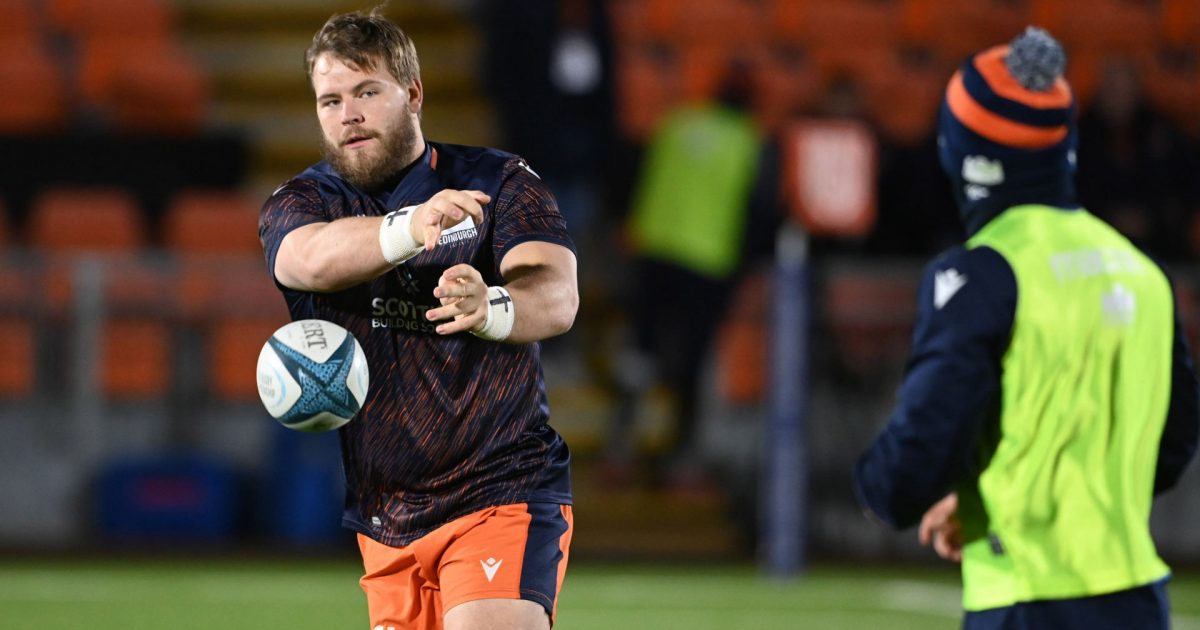The Ospreys overturned an 11-point half-time deficit to beat Edinburgh 23-19 at the Swansea.com Stadium.
Tries from Mat Protheroe and Sam Parry, along with 13 points from the boot of Stephen Myler, got the Welsh region over the line.
Edinburgh loosehead Boan Venter scored a remarkable hat-trick of tries – the first prop to achieve the feat in the competition’s history – while Jaco Van Der Walt kicked four points.
After a dull opening to the game, Ospreys second-row Lloyd Ashley got sent to the sin bin for tripping Edinburgh full-back Henry Immelman.
The visitors turned down a kickable penalty, opting to go for the corner instead.
Their driving line-out was extremely effective, with Venter powering over from close range. Van Der Walt converted and Edinburgh went back on the attack.
A break from Cammy Hutchison put them on the front foot, before a tremendous offload from number eight Mesu Kunavula allowed Venter to touch down for his second try in four minutes.
Van Der Walt added the extras, but Myler finally got the Ospreys on the scoreboard with a straightforward penalty, meaning the hosts trailed 14-3 at half-time.
The Ospreys began the second half with more intent and scored their first try when a well-timed offload from outside-centre Michael Collins sent Protheroe over, with Myler converting.
The momentum was now in the Ospreys’ favour and they took the lead when abrasive number two Parry squeezed over at the far right-hand corner after a period of sustained pressure from the home side, with Myler again adding the extras from the touchline.
Edinburgh hit straight back when Venter showed tremendous strength to power over from short range for his third try.
In what has become a rare occurrence in the modern era, Van Der Walt’s conversion was charged down by the Ospreys in front of the posts.
A clean break by former Wales number nine Rhys Webb then put the Ospreys on the front foot in Edinburgh’s half. The visitors were forced to infringe at the breakdown, allowing Myler to kick the Welsh region into a one-point lead with just 10 minutes remaining.
Edinburgh began to cough up numerous penalties, which gave the Ospreys the field position to squeeze them into making unforced errors.
A further penalty from the boot of Myler, 35 metres out, put the visitors out of penalty range, meaning they needed a try to win the game – which never materialised.

























































































